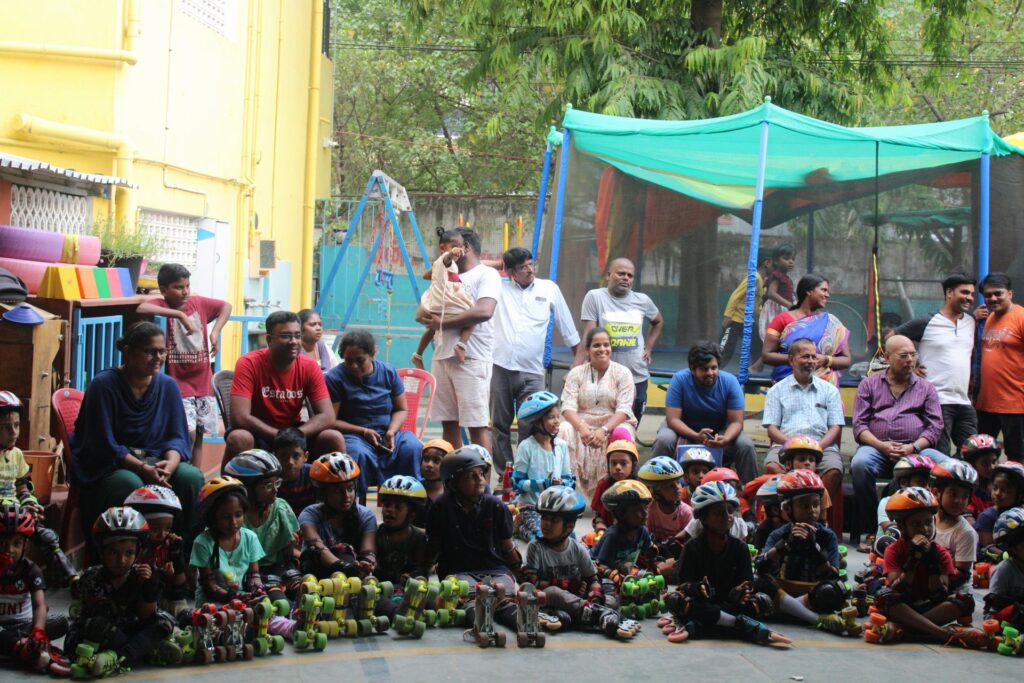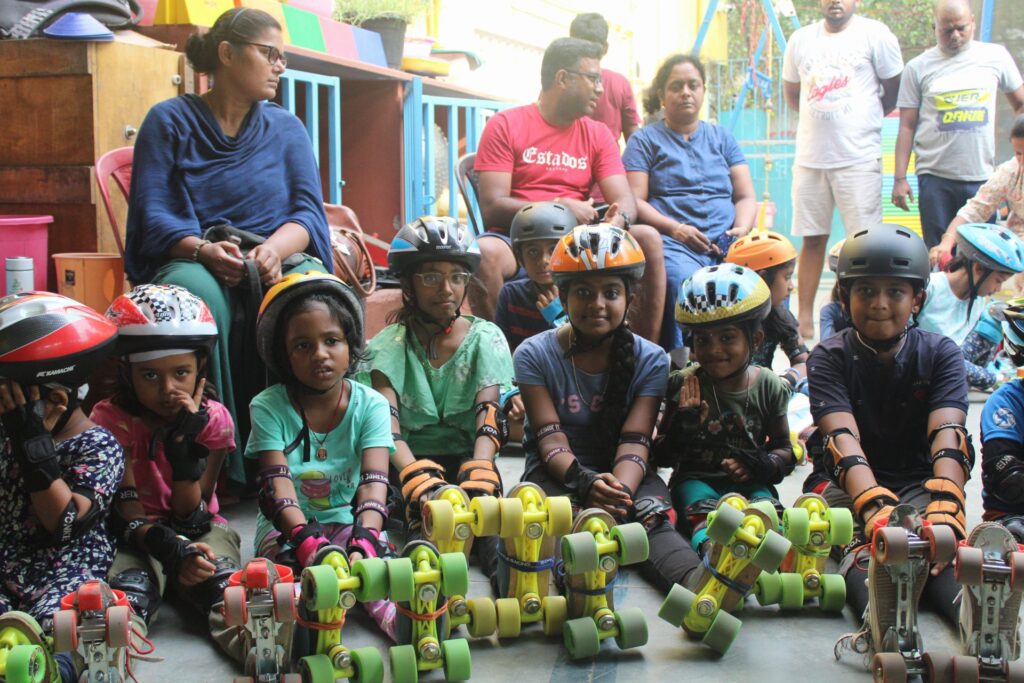Are you running a team of young players and you want to know how you can keep their motivation high? Keeping your young athletes always determined to reach the best goals is very challenging, especially if your team is made of amateur athletes.
Negative Events That Might Affect Your Team
A sudden defeat or an injury might make all the difference in an athlete’s life and sometimes such unexpected events may also become a reason to quit sports. Oftentimes, a simple lack of focus in one or more athletes of the team may damage the entire group. All these negative events occur to every team in this world (it would be very weird if your team has never experienced anything like that!). You don’t have to worry about what’s happened or why. You just have to focus on how you can help your team members get out of it as soon as possible. You can become successful not through your best achievements, but through the way you can get back on the road for your goals.
So, think about professional athletes and their strong motivation to go on with their activity, regardless of the specific sport they practice. Or think about poker players when they take part to live tournaments with the world’s strongest poker experts. Where can they find such endless motivation? Probably, the generous bonuses and the other promotions they can collect on digital casinos represent their best impulse to try to beat all odds at every new poker hand.
Focus On These Motivating Principles
As you can see, sports is a very effort-demanding choice for life. Once you decided to start playing a sport, it’s very hard for you to quit it. Sports gives you the best lessons about determination and life challenges.
But we all are human beings and a short moment of lack of focus may always occur. It happens to the best athletes, too. Our list of motivating principles is specially designed to give you some extra hints with your team when it seems that things can’t go worse than that:
- Determine your motivation
Every team leader or trainer should know that there are 2 kinds of motivation. The first one comes from outside and the other one is from your inner side.
Let’s understand this concept better: extrinsic motivation is generated by factors that encourage you to perform better or just the way you do. Things like a prize, a reward, people who support you can all be factors that produce extrinsic motivation in you. Now, intrinsic motivation is made of personal desire to achieve great results. It’s something you have in yourself and you nurture at each new performance. Everyone has an intrinsic motivation, but sometimes you may have to awake it once again after a period of fading. - Work on both motivation levels
How can you help your athletes who need extra motivation? You can work on two levels. Boost their extrinsic motivation by offering your athletes prizes and your appreciation. Also, consider working on their intrinsic motivation by talking to them about their actual potentiality (as a coach, nobody knows it better than you) and why they should use that potentiality to perform better results in sports. - Create a good environment
Focus on the kind of environment of your team. Do your team members share their results? Do they help each other? Is there any controversy among them? Analyze your team’s situation and set a new environment if you see that anything doesn’t seem to go the way you want it.
Make sure that communication and dialogue are always your best weapons to interact with each team member. Encourage your team to share their fears or thoughts. Make sure everyone accepts the others’ opinions. - More about communication
Let your team members understand you are more than just a coach. You are actually their friends, you love them, and you know they can improve so much over time. In particular, try to communicate comfortably with each member, either individually and in the group. If you can’t establish effective communication with your young athletes, you’ll have serious difficulty to boost their motivation. Consider also that your communication model should be inspired by a two-way structure. Listening and talking should be always well-balanced. - Make it fun
Your young team wants to have fun and enjoy sports. So, make every sports event and training session enjoyable – take it easy and make it fun! This will motivate them to perform because they experience fun when doing it.
Finally, don’t punish failure. If you focus on positive things, your team will also follow your footprints. So, just keep positive and stay happy.



